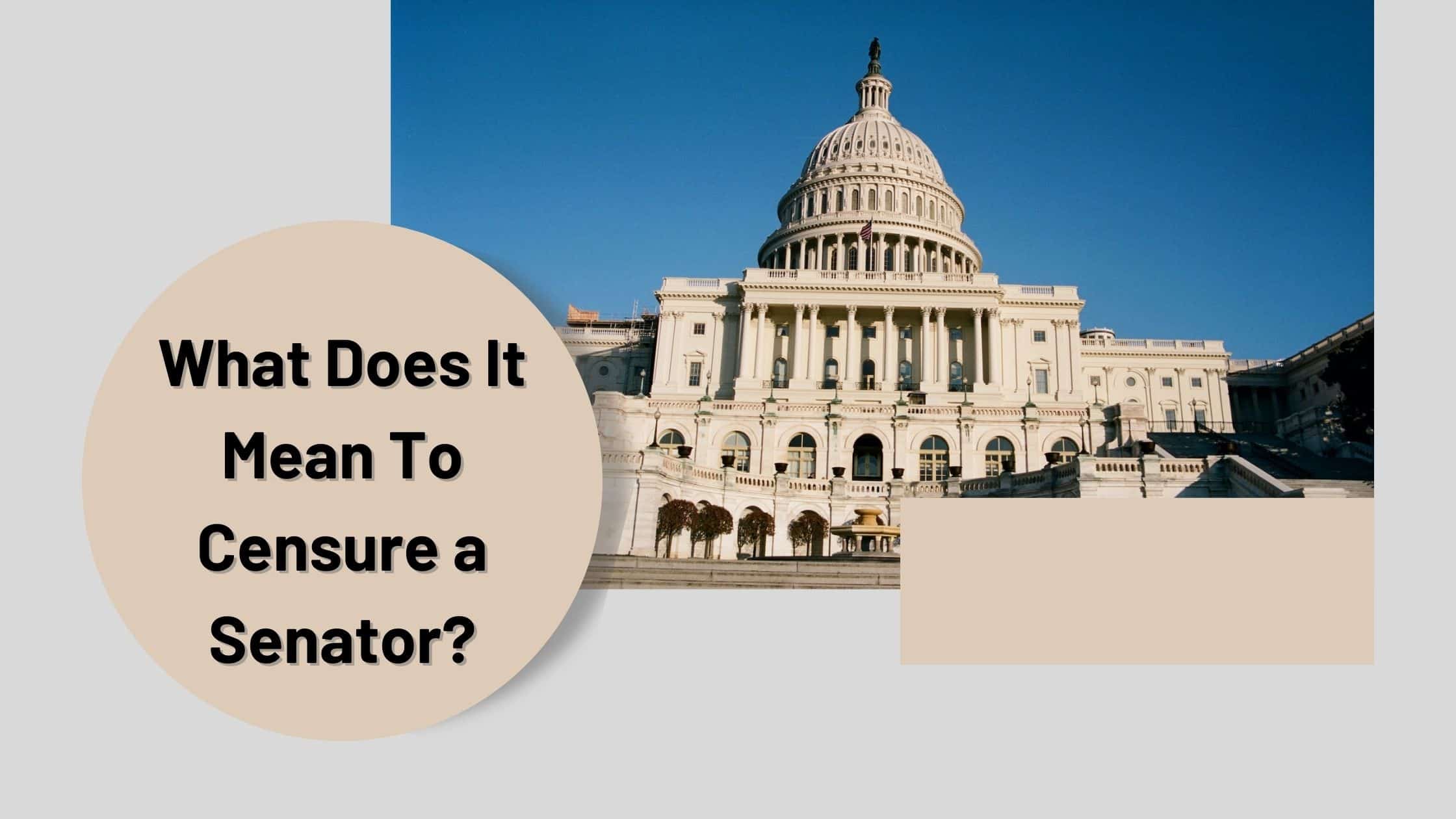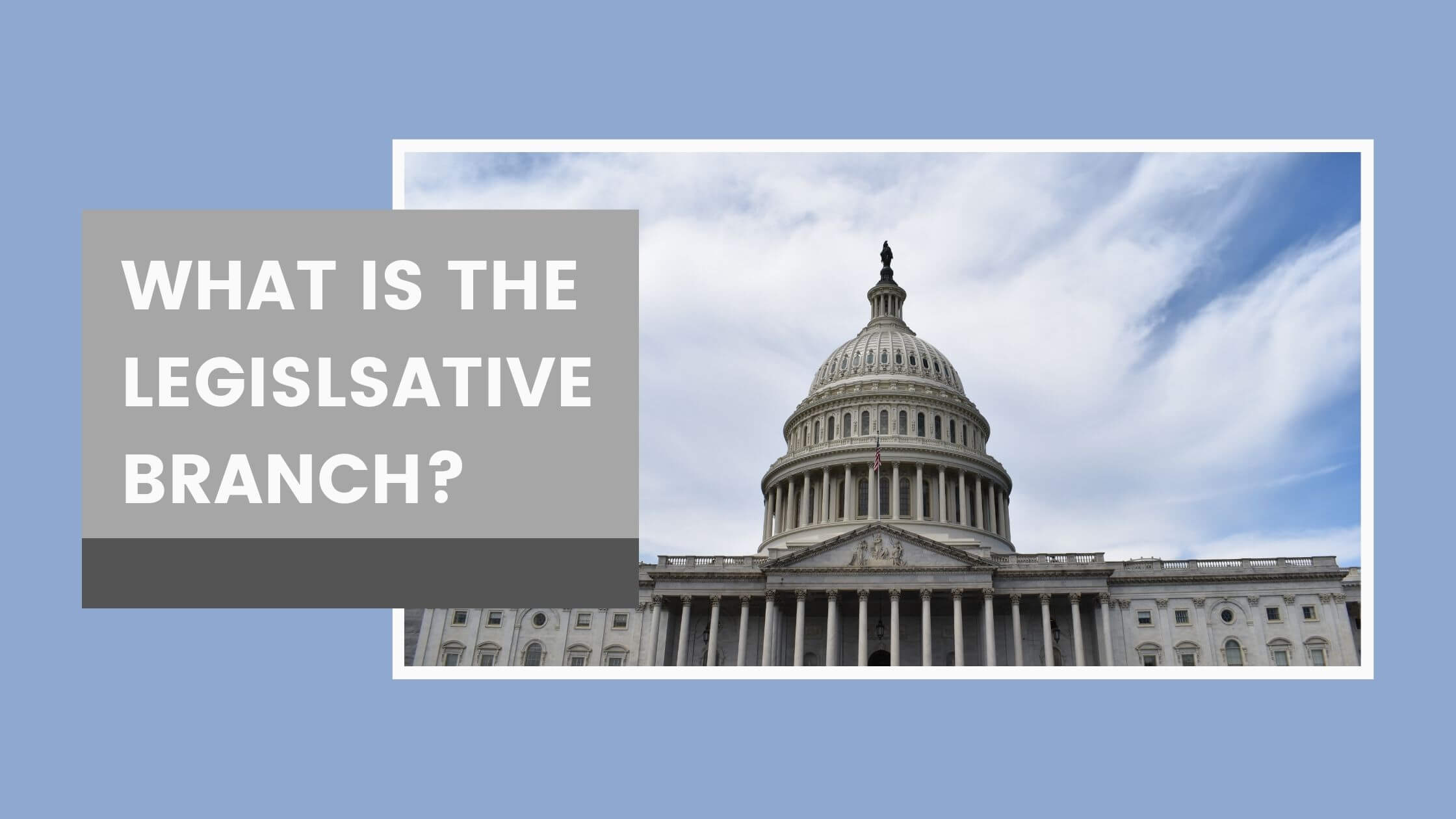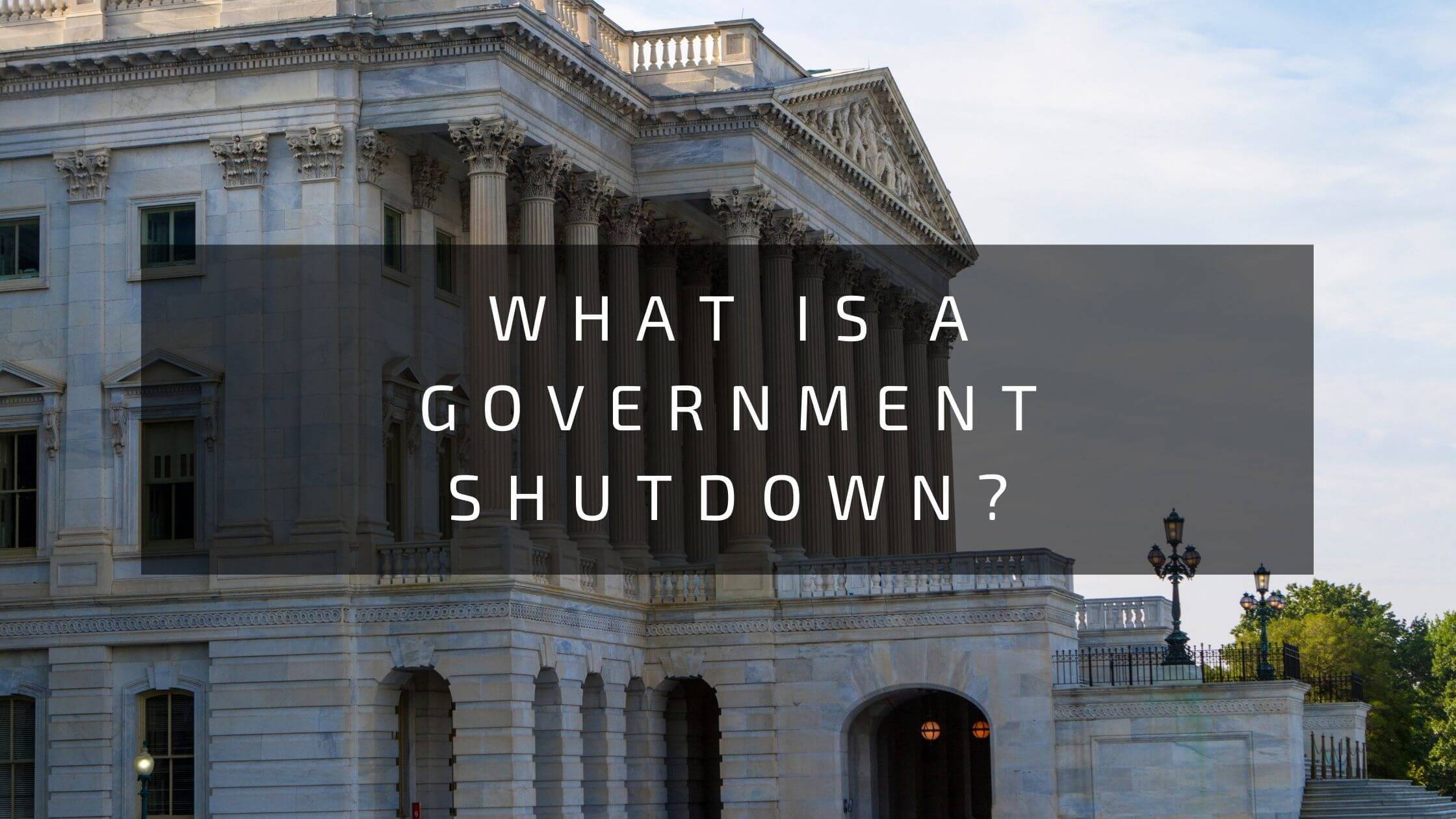Table of Contents
ToggleCensure in the Senate
Censuring a senator is the Senate’s way of publicly expressing serious disapproval of a member’s actions. A censured senator retains their office and associated powers, such as voting rights, and is not subject to any specific penalties after the censure is issued.
However, such a black mark on their record can negatively impact their stature within the Senate and with their constituency.
The true impact of censure depends heavily on public perception of, and personal shame regarding, the misdeeds in question. The punishment can effectively mark the end of a senator’s power and influence.
What Is a Censure?
A censure is an expression of severe disapproval of a person or act, usually written. In the United States Senate, a censure is an official disciplinary act denouncing a senator’s actions that violate either the rules of conduct or historical norms. It is the lesser punishment issued by the body, while expulsion is the most severe.

Notably, unlike impeachment, the United States Constitution does not explicitly provide for censure. Therefore the term may not appear within the resulting resolution. Instead, it may be referred to as a condemnation or denouncement.
That said, while the word impeachment appears in the constitution, “censure” does not. Although, the authority to censure is derived from it. Article 1, Section 5, Clause 2 grants Congress the right to “punish its members for disorderly behavior.” Censure is one such form of punishment.
What Counts As “Disorderly Behavior?”
For censure, disorderly behavior is not limited to violations of laws or established codes of conduct. Breaches of decorum on Capitol Hill have also triggered such resolutions. Broadly speaking, this includes all actions that subject the Senate to “dishonor and disrepute.”

However, each censure resolution has been accompanied by updated rules prohibiting or criminalizing the triggering actions. The reasons for the successful censure in the Senate so far include the following:
- Disclosing confidential information in the open Senate (prior to declassification).
- Releasing sensitive presidential communications to the press.
- Fighting in the Senate chamber.
- Employing lobbyists on Senate staff.
- Abuse of, and failure to cooperate with, other Senate committees and their investigations.
- Financial abuses including improper use of campaign funds, accepting reimbursements, and unethical business dealings.
What Happens When A Senator Is Censured?
Members of Congress on Capitol Hill may introduce resolutions calling for the censure of other sitting members.

Such resolutions are considered privileged, granting them priority over other items on the agenda. They may move directly to a vote but more often result in further investigation by a select committee formed for the purpose.
When the “disorderly behavior” that triggered the resolution violates an existing rule, proceedings can be straightforward. However, the censure process has sometimes involved creating the standards that a senator is accused of violating.
For example, Senator Thomas J. Dodd’s 1967 censure proceedings required establishing ethical finance standards against which to judge him.
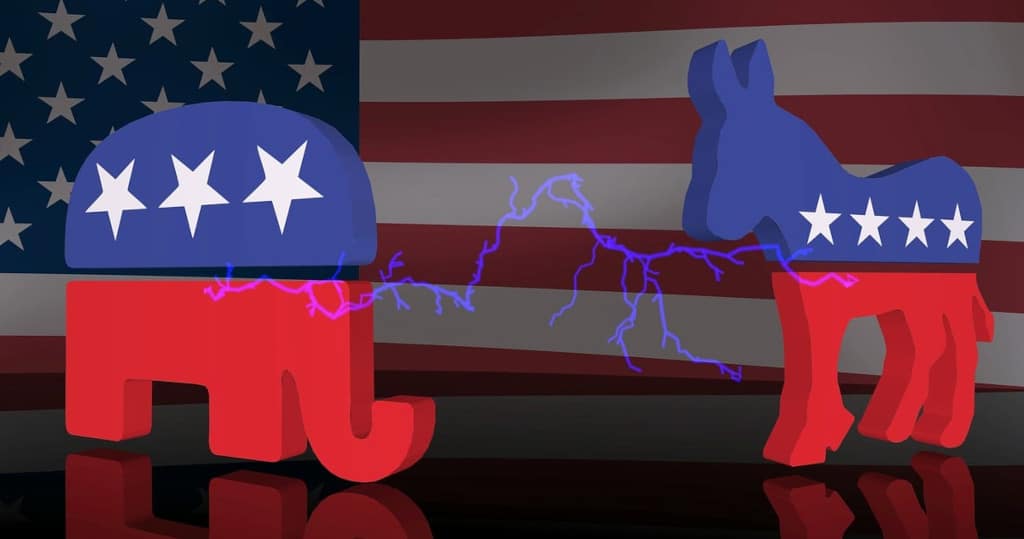
Each censure investigation may result in new standards or clarifications of the preexisting process. However, if a senator is found guilty of misconduct, the final step is a simple majority vote on the resolution. If adopted, an official censure is then issued.
What Are the Consequences of Senate Censure?
In the Senate, censure is the consequence. Censured Senators retain their right to vote and participate in senate debates. They remain in office for the rest of their term and are under no additional official sanctions.

This should not be confused with recent changes to the procedure in the House. There, censure includes the loss of committee appointments, chair positions, and seniority. This essentially negates much of the power and leverage they have accrued over their careers.
However, senators are less likely to find allies among their peers once found guilty of unethical conduct. It becomes harder to introduce and garner support for resolutions, making them less effective representatives.
When election season inevitably arrives, they have a severe disadvantage against challengers – which has historically proven insurmountable.
Can Censure Lead to Legal Charges?
The Senate has 45 rules governing their conduct. These range from outlines of procedure to standards of ethical behavior. While the constitution grants the right of the Senate to punish its members for violations, that does not exclude the possibility of legal action from other agencies.

For instance, Senate Standing Rule 36 (SR 36) governs Outside Earned Income. It adopts the Ethics in Government Act of 1978 for use as a Senate rule. Violating the rule could result in censure, but it would also violate federal law.

Get Smarter on US News, History, and the Constitution
Join the thousands of fellow patriots who rely on our 5-minute newsletter to stay informed on the key events and trends that shaped our nation's past and continue to shape its present.
An indictment may not be far behind if a censure investigation finds a senator guilty of misconduct that breaks the law.
In April of 1993, Senator David Durenberger was indicted on two felony charges related to his censure. As the number of laws governing congressional behavior increases, so does the likelihood of accompanying criminal penalties.
How Many Senators Have Been Censured?
Censure resolutions are not proposed lightly. As of 2022, only nine senators, including Senator Joseph McCarthy, have received a censure in 233 years. The infamous few are:
- Timothy Pickering (Federalist Party – 1811)
- Benjamin Tappan (Democratic Party – 1844)
- Benjamin R. Tillman (Democratic Party – 1902)
- John L. McLaurin (Democratic Party – 1902)
- Hiram Bingham (Republican Party – 1929)
- Joseph McCarthy (Republican Party – 1954)
- Thomas J. Dodd (Democratic Party – 1967)
- Herman E. Talmadge (Democratic Party – 1979)
- David F. Durenberger (Republican Party – 1990)
What Senate Censure Means to the People
In the House of Representatives, 24 members have been censured. Yet the rules and consequences differ from those of the Senate. In the House, a lesser form of punishment, the reprimand, can be doled out privately, minimizing the damage.
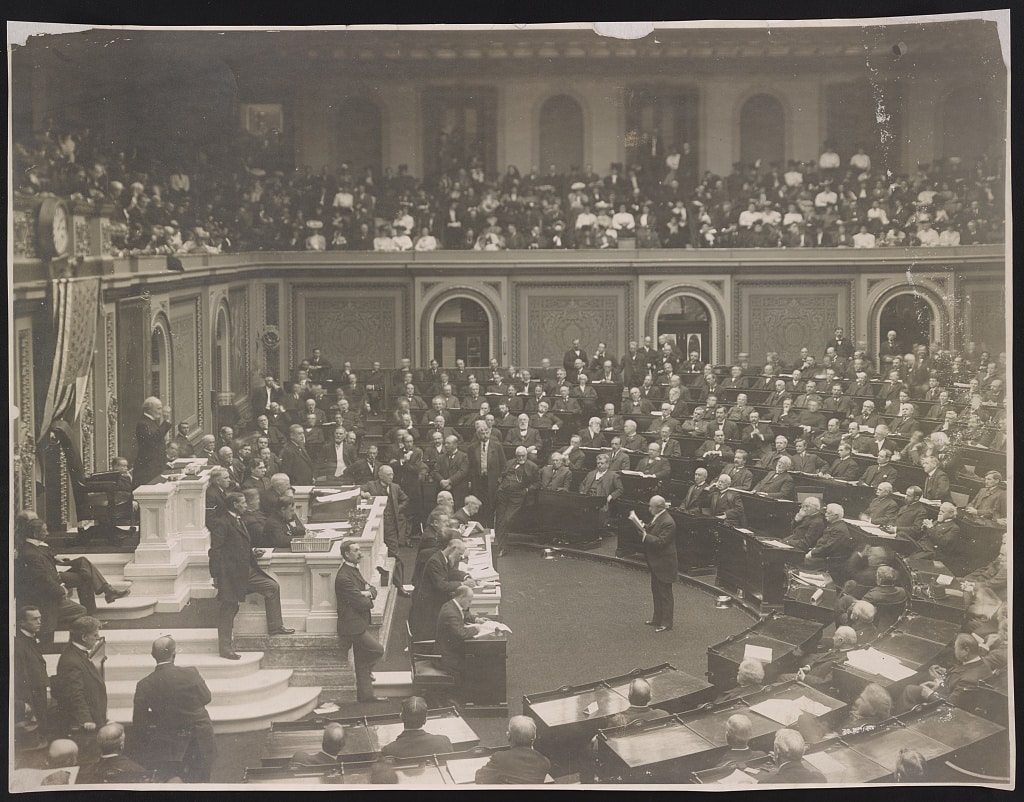
The Senate only has two forms of punishment: the public shaming of censure and expulsion. Either expose the bad behavior to the public eye, granting the people the right to weigh in on election day. This has proven disastrous for Senators with the audacity to pursue reelection after such a chastisement.
This is what makes the seeming lack of mandated censure consequences deceptive. Ultimately, the people judge and punish senators found guilty of bad behavior. They may be allowed to keep their power and position for a time, but history has shown that their days are numbered after censure.
